Making a living out of writing can be quite a tricky and frustrating task.
You might be wondering where to start when self-publishing a book and how to keep yourself motivated.
But here’s the kicker: one of the ways to make it through the rough patch is to always look for inspiration. Stay tuned for experts and influencers in the field, learn about their experience, follow their advice, and see for yourself how much useful information you can get out of it.
We recently had a chance to chat with Hugh Howey.
Hugh is the New York Times bestselling author of WOOL, SAND, BEACON 23, and over a dozen other titles. Two of his novels are currently being adapted into television series for AMC and Apple TV. Hugh is known for having gotten his start with self-publishing and has done unique deals with major publishers since, always protecting the rights and ownership of his work. For the last five years, he has been sailing around the world on a catamaran and writing from the sea.
We have discussed Hugh Howey’s experience in the self-publishing industry, promotion and marketing channels for indie authors and book cover design.
So get comfy and start reading.
Hugh, first of all, tell us please why have you decided to self-publish? In your opinion, what are the advantages of being an independent author?
When I wrote my first novel, I just assumed that I’d publish it myself. I didn’t have aspirations to become a bestselling writer or make a living with my writing. All I cared about is whether friends and family could read what I’d written. It wasn’t until after I completed the book and sent it around to people that I was told I should try to get it published by someone else. I figured I’d give that a shot first.
Within weeks, I heard from some small presses who expressed interest in my book. I did a deal with one of those publishers, and what I quickly saw was that I could do everything they were doing.
I could get cover art made, get the work edited, format the book, and upload it to a print on demand publisher like Amazon’s Createspace. And I could also do an ebook using their KDP platform. I didn’t know how to do any of this stuff, but there was a lot of help online. It took me a weekend to figure it out.
A weekend. And then I wasn’t giving up the rights and ownership of my books. And I was keeping 70% of the revenue instead of 15%. It seemed crazy to me to do it any other way. I published the sequel of my first book myself, and I bought the rights back to the first book, and I just started self-publishing everything. I spent all my time focused on the writing and zero of my time thinking about how I would get any of it published. No time looking for agents, or writing query letters, or worrying about books I’d written that weren’t seeing the light of day. Usually, the same day I hit the “publish” button on one book, I’d open a new Word document and start noodling on the next idea.
You have an amazing experience in the self-publishing industry. What advice would you give for fellow self-publishing writers who are just getting started? What are the main mistakes they should avoid?
The main mistake is that many writers don’t focus enough on the writing. The worlds they build and the characters they create should be so compelling that people will want to read it any way they can. I read a ton of rough drafts, and I see writers attempting to ease into their stories. Their characters are just waking up and getting out of bed. Or they are thinking about what they want to do with their lives. The first sentence should condense your entire book into a single thought. Don’t wait for readers to fall in love with your work, because most won’t take the time. Knock them dead before they can blink.
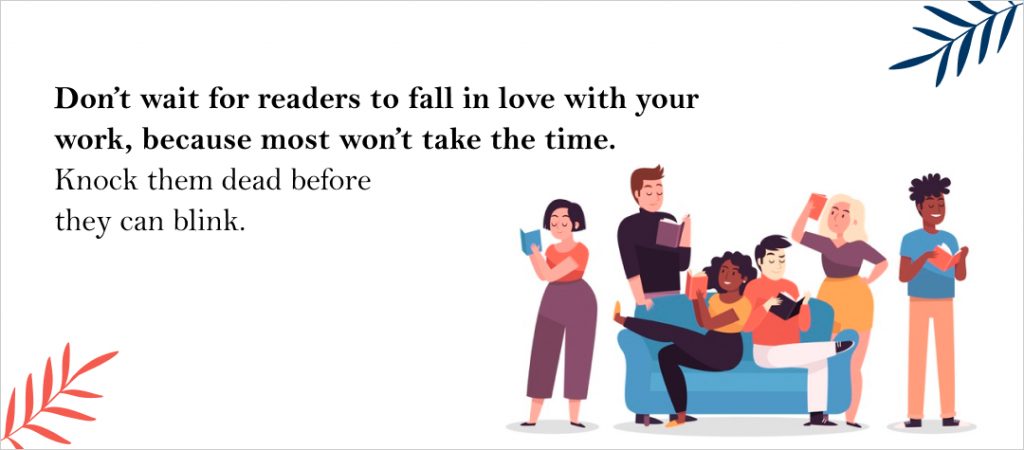
But assuming you already have the best book you can write, the mistakes I most often see is poor cover art and time wasted on marketing. The most important thing on the cover is the title of the book and the author’s name. The font should be huge, so it can be read from a distance (or in thumbnail online). Cover the art up with the text. I see a lot of self-published covers with bad art and very small text pushed to the top and the bottom. If you browse a bookstore, you’ll see that publishers do not do this.
As for marketing, there is no marketing better than writing the next book. Keep writing. Worry about your sales after you publish your tenth novel. And don’t keep writing sequels to the first book you wrote — break out and explore lots of ideas and genres. Don’t get caught in the first world you create. It won’t be your best.

Hugh, do you write for the specific target audience? If yes, how do you analyze the needs and preferences of your potential readers?
Yeah, I write for the audience of me. I write stories that I think are missing from the bookshelves. I’ve always found there are lots of other readers out there with my tastes.
How do you come up with book cover design ideas for your book? Do you think that professional book cover design influences sales?
Absolutely it does. See my comments above. I used to come up with my own ideas, but now I trust real graphic artists to do that for me. They’re more creative than I am, and the folks I hire usually give me several options before we head down one path in particular. Strong cover art (which I think of as strong typography) is critical. But bad cover art can ruin a book’s chances. If an author is on a tight budget, I’d recommend just putting the title and their name in block letters on a solid colored background before I’d recommend terrible stock art with an unreadable cursive font. Keep it simple.
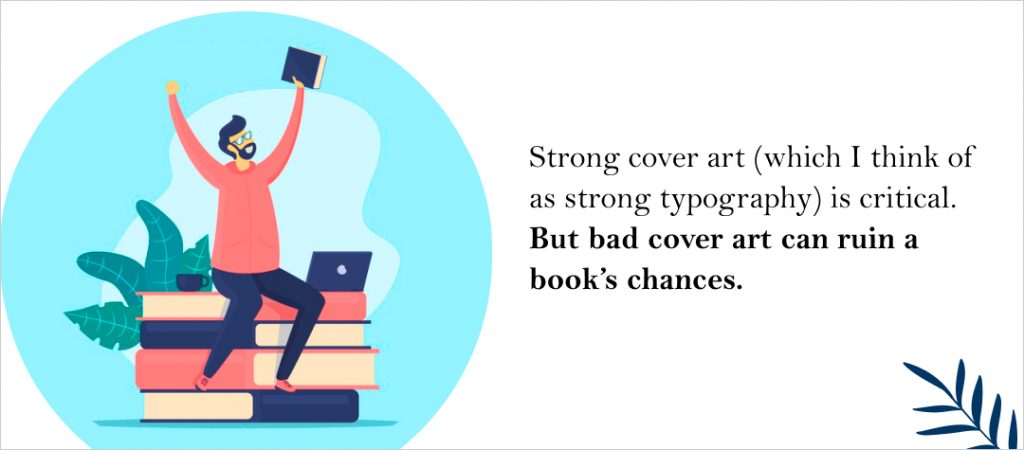
In your opinion, what are the most effective promotion strategies/marketing channels for self-published authors?
Write more books. Write twenty books. In your time not writing, share your writing life on Facebook, Instagram, Twitter, forums, anywhere you enjoy spending some downtime.
Be yourself, be helpful and be witty.
Share your ideas and your work freely. Let people see how much you enjoy what you do and how much you love your worlds and your characters. Whatever you do, don’t ask people to buy your books directly. That doesn’t help. It’s much more useful to share a review someone else wrote, or a sample of your work. Readers trust other readers; they don’t trust an author they’ve never heard of. They also trust themselves, so give them a sample and don’t hold back.
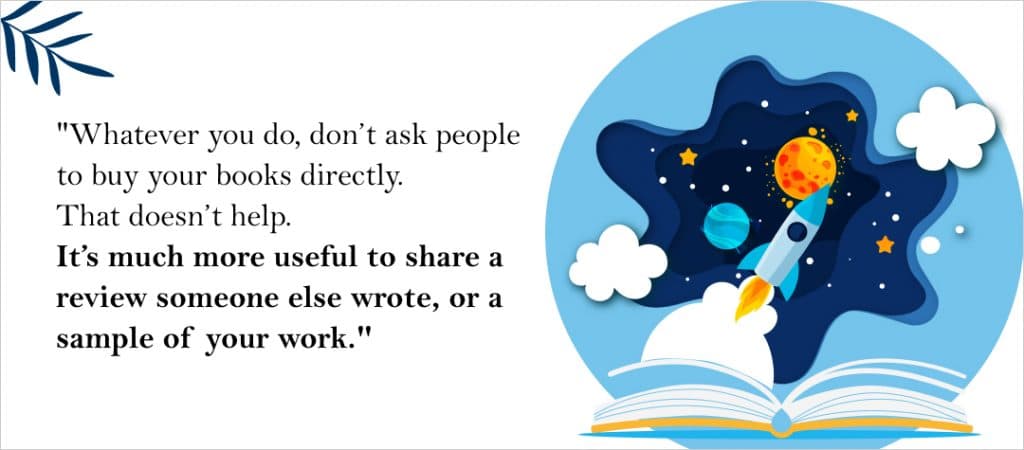
As for channels, Amazon is the main place people discover and purchase their books. Focus your energies there as you’re getting started. Also, spend time cultivating any relationships possible at local bookstores and libraries. Join a local writing group. Volunteer to give talks at area schools. Your community can give you a boost as you’re getting started, but more importantly, you’ll get practice with talking craft and story with others and in front of others. This will help you realize that you are a professional author. Even if you don’t believe it quite yet.
We are very grateful to Hugh Howey for taking his time and sharing some insights on the self-publishing career.
There’s no better time to invest in self-improvement, so we hope you will make the most out of it.
Do you have any other questions or comments? Share this article or talk to us in the section below.

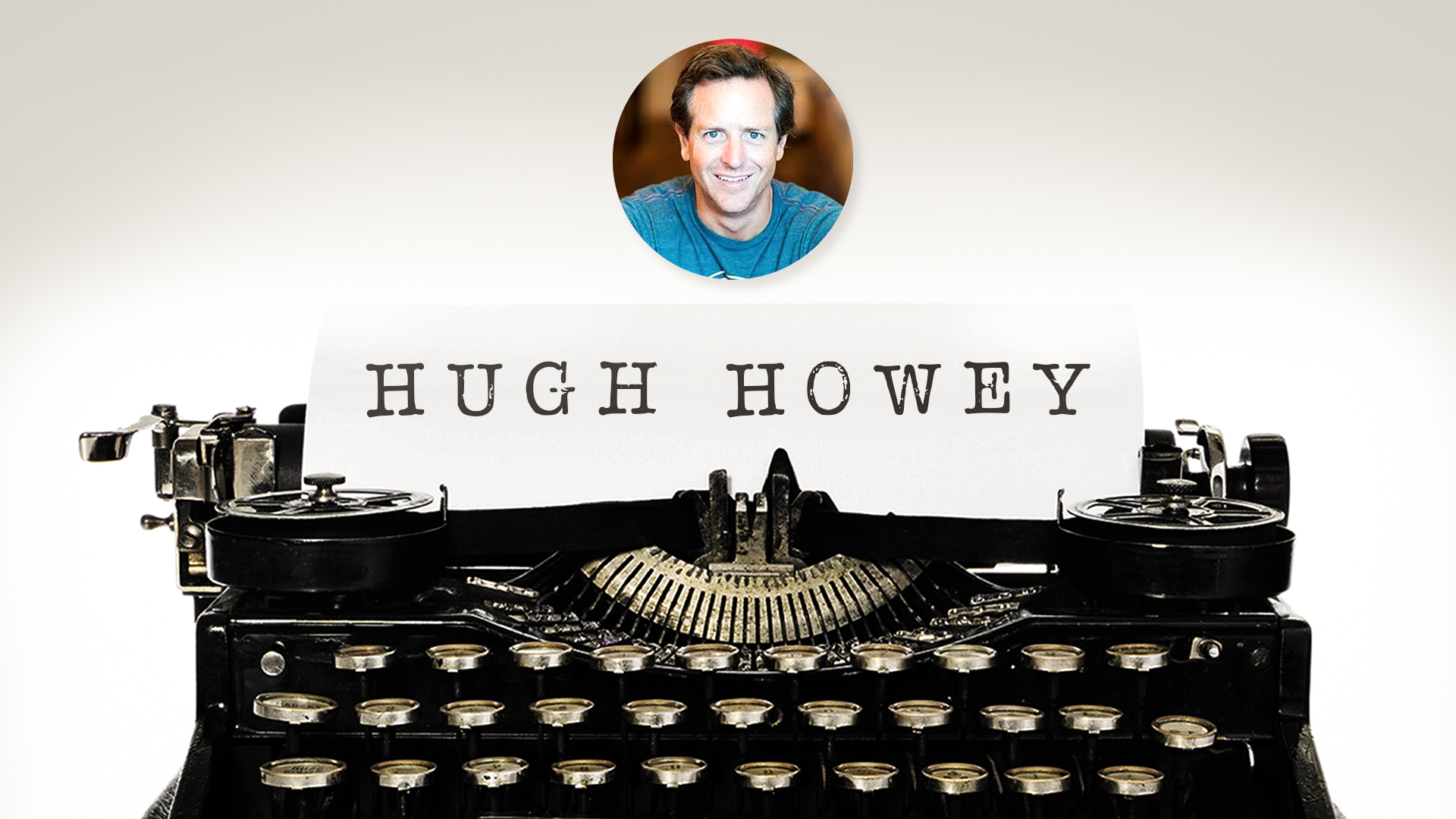

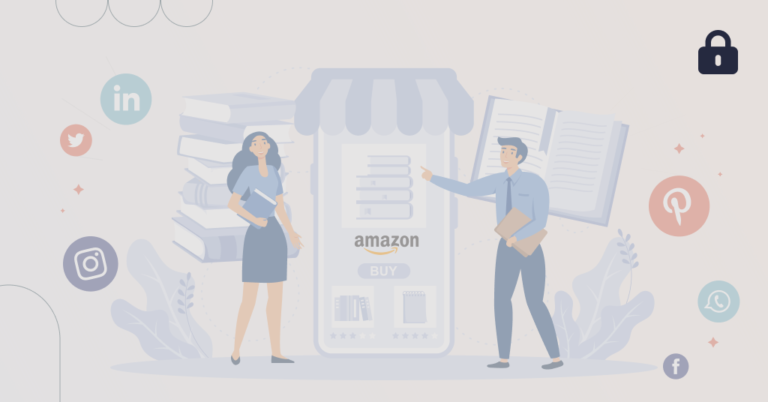
Great interview. Hugh Howey is where I want to be someday.
outstanding interview.
Helpful and affirming as to what I’m doing.
This interview is very inspiring. Thank you for sharing this useful information.
The comments about the book cover design were very helpful; I recently told a friend that I was considering a cover with no art on it, just a solid background and the title. Now, I see that idea is acceptable.
I also appreciated your point about just keep writing. I’m writing my first novel now. After I publish a few novels, I will really start to see how my writing career will turn-out.
Thanks for the motivation!
Thanks a lot! We highly appreciate your feedback.